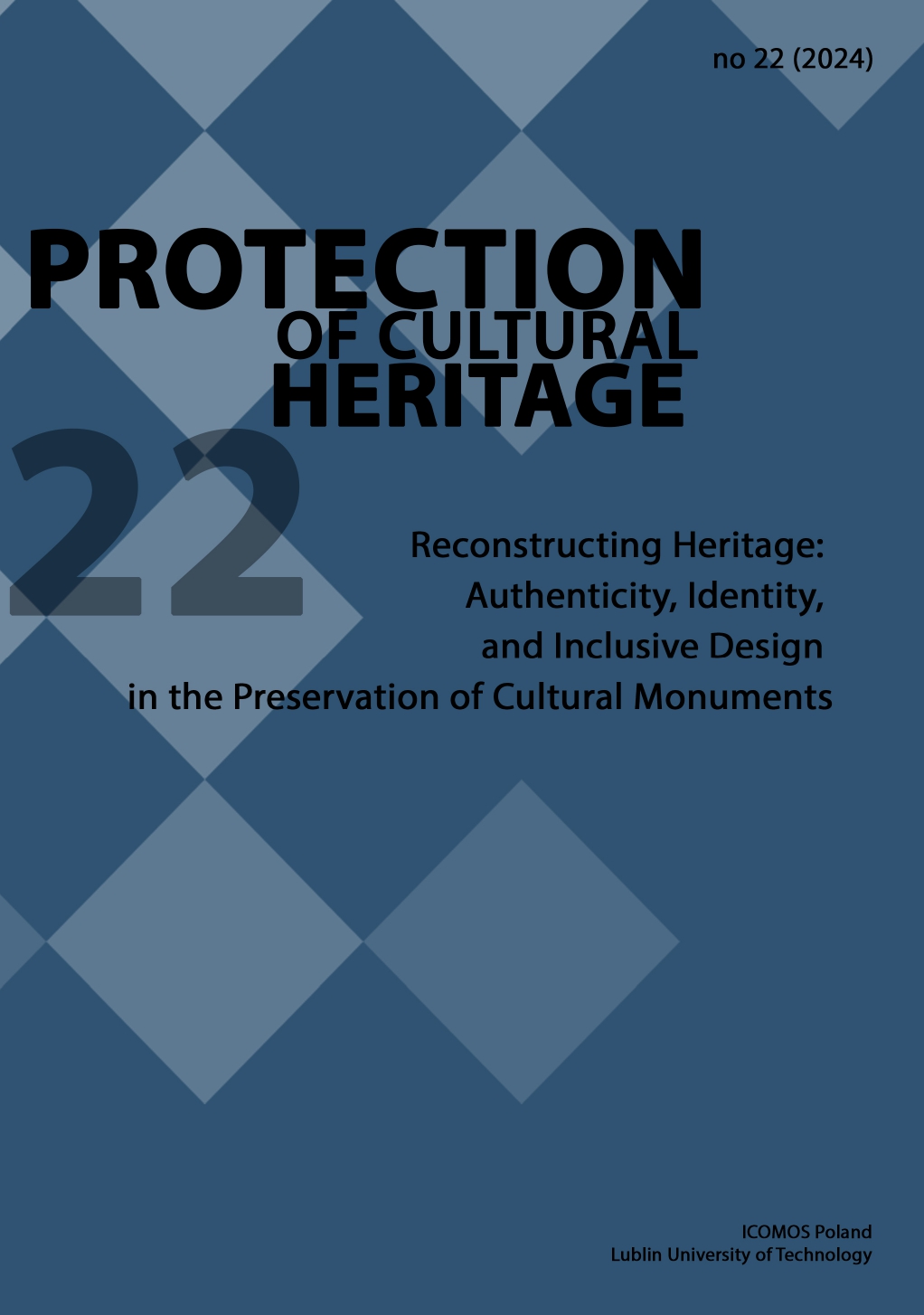World Heritage at 50: policy and practice – key achievements and major challenges
Mechtild Rössler
Director of the UNESCO World Heritage Center (Germany)
Abstract
The 1972 World Heritage Convention is the most universal legal instrument in heritage conservation with 194 States Parties, more than 1000 natural and cultural heritage sites protected for their Outstanding Universal Value and a well-established system of monitoring and reporting. It is therefore a great pleasure for me to celebrate the achievements of this unique Convention with stakeholders.
At the same time a number of challenges in terms of policy and practice have to be discussed and addressed and I will share with you my reflections of 30 years working within the World Heritage system. This is also unique and brings to you a specific lens through the viewpoint from the UNESCO Secretariat but also as researcher on the UNESCO and World Heritage history of the past decades.
Keywords:
World Heritage Convention, Outstanding Universal Value, heritage, system, UNESCOReferences
Bertacchini E., Liuzza C., Meskell L., Saccone D., The politicization of UNESCO World Heritage decision making The politicization of UNESCO World Heritage decision making. Public Choice, 2016, pp. 95–129, https://doi.org/10.1007/s11127-016-0332-9
DOI: https://doi.org/10.1007/s11127-016-0332-9
Google Scholar
Cameron Ch., Rössler M., Many Voices, One Vision: The Early Years of the World Heritage Convention, Farnham: Ashgate/Routledge, 2013.
Google Scholar
Day J. C., Heron S. F., Markham A., Assessing the Climate Vulnerability of the World’s Natural and Cultural Heritage, Parks Stewardship Forum 36, no. 1, 2020, pp. 144-53.
DOI: https://doi.org/10.5070/P536146384
Google Scholar
Rössler M., Hosagrahar J., Le programme des villes du patrimoine mondial de l’UNESCO. In : Mémoires urbaines. Coopérer pour protéger. Cahiers de l’Institut Paris Région, numéro 180, Paris 2022, pp. 94-99. https://www.institutparisregion.fr/fileadmin/NewEtudes/000pack3/Etude_2813/C180_web.pdf
Google Scholar
Larsen P. B., Logan W. (eds.), World Heritage and Sustainable Development: New Directions in World Heritage Management, Abingdon/New York 2018.
DOI: https://doi.org/10.4324/9781315108049
Google Scholar
Rössler M., World Heritage and reconstruction: An overview and Lessons Learn from the Bamiyan Valley, [in:] The Future of the Bamiyan Buddha Statues. Heritage reconstruction in Theory and Practice, M. Nagaoka (ed), UNESCO Springer, Cham 2020, pp. 99-111, https://www.springer.com/gp/book/9783030513153
DOI: https://doi.org/10.1007/978-3-030-51316-0_6
Google Scholar
Markham A., Osipova E., Lafrenz Samuels K., Caldas A., World Heritage and Tourism in a Changing Climate, Nairobi and Paris 2016.
Google Scholar
Meskell L., A Future in Ruins: UNESCO, World Heritage, and the Dream of Peace, New York 2018.
Google Scholar
Odiaua I.,Ndoro W., World Heritage and development: is UNESCO a barrier or facilitator and do African opinions matter?, [in:] Cultural Heritage Management in Africa, The Heritage of the Colonized, G. Okello Abungu, W. Ndoro (eds), 2022, pp. 173 -188.
DOI: https://doi.org/10.4324/9781003199144-12
Google Scholar
Von Schorlemer S., UNESCO-Weltkulturerbe und postkoloniale Diskurse. Eine völkerrechtliche Betrachtung, Baden Baden 2022.
DOI: https://doi.org/10.5771/9783748906032
Google Scholar
Ringbeck B.,Rössler M., Between international obligations and local politics: the case of the Dresden Elbe Valley under the 1972 World Heritage Convention, [in:] Denkmalschutz and Stadtentwicklung. Informationen zur Raumentwicklung, 3/4, 2011, pp. 205-211.
Google Scholar
Warsaw Recommendation on Recovery and Reconstruction of Cultural Heritage, [in:] The Challenges of World Heritage Recovery, M. Marcinkowska K. Zalasinska (eds), pp. 327-35. Warsaw 2019.
Google Scholar
UNESCO, The Operational Guidelines for the Implementation of the World Heritage Convention, 2021 https://whc.unesco.org/en/guidelines/
Google Scholar
Authors
Mechtild RösslerDirector of the UNESCO World Heritage Center Germany
Statistics
Abstract views: 85PDF downloads: 96
License

This work is licensed under a Creative Commons Attribution-ShareAlike 4.0 International License.








